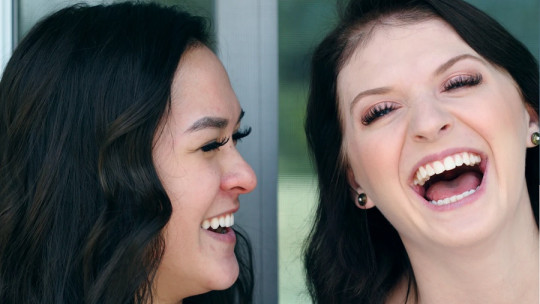What makes a same-sex relationship succeed or fail? This is the fundamental question that led John Gottmann (author of the Gottmann method, a type of couples therapy focused on dismantling conflicts and improving coexistence, respect and intimacy in relationships) to study this phenomenon in depth.
The success factors in an LGBT couple relationship
One of the key findings was that, in general, Relationship satisfaction and quality are similar in all types of couples (heterosexuals, gays and lesbians). This result supports previous research that has found that gay relationships are comparable and not all that different from heterosexual relationships in many ways.
Differences between heterosexual couples and same-sex couples
According to Gottmann, gay and lesbian couples, like heterosexual couples, deal with the ups and downs of close relationships every day. However, These ups and downs can occur in a social context of isolation from the family due to prejudices in the workplace and other social barriers that are exclusive to homosexual couples.
Furthermore, research has shown that Same-sex couples are more optimistic about conflicts Compared to heterosexual couples, gay and lesbian couples use more affectionate and humorous communication when faced with a disagreement, and often receive it in a more positive way.
On the other hand, the data indicate that Same-sex couples use fewer hostile and controlling emotional tactics Gay and lesbian couples also show less belligerence, dominance, and fear in conflict than heterosexual couples. For Gottmann, the difference in these “control”-related emotions suggests that equity and power sharing between couples is more important and more common among gay and lesbian relationships.
What happens in LGTBIQ couple conflicts?
In an argument, LGTBIQ couples take it less personally , which indicates that this type of couples tend to accept a certain degree of negativity in the relationship without affecting its stability or quality. In conflicts, lesbian couples show more anger, humor, emotionality and interest than gay men.
This suggests that lesbian relationships tend to have more expressiveness (both positive and negative) than gay relationships. This fact is also a reflection of how our society works : Men are socialized in a culture where emotional expression is more acceptable in women and is, normally, discouraged in men.
Gay men should be especially cautious to avoid negativity in conflicts. When it comes to repairing a mistake, homosexual couples differ from heterosexual ones; If the initiator of conflict in a relationship becomes too negative, his or her partner may not be able to resolve it as effectively as is the case in lesbian or heterosexual couples.









